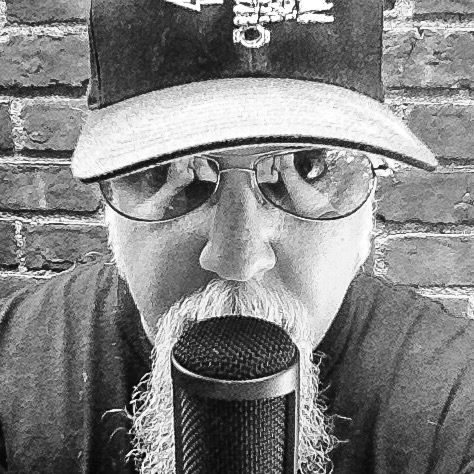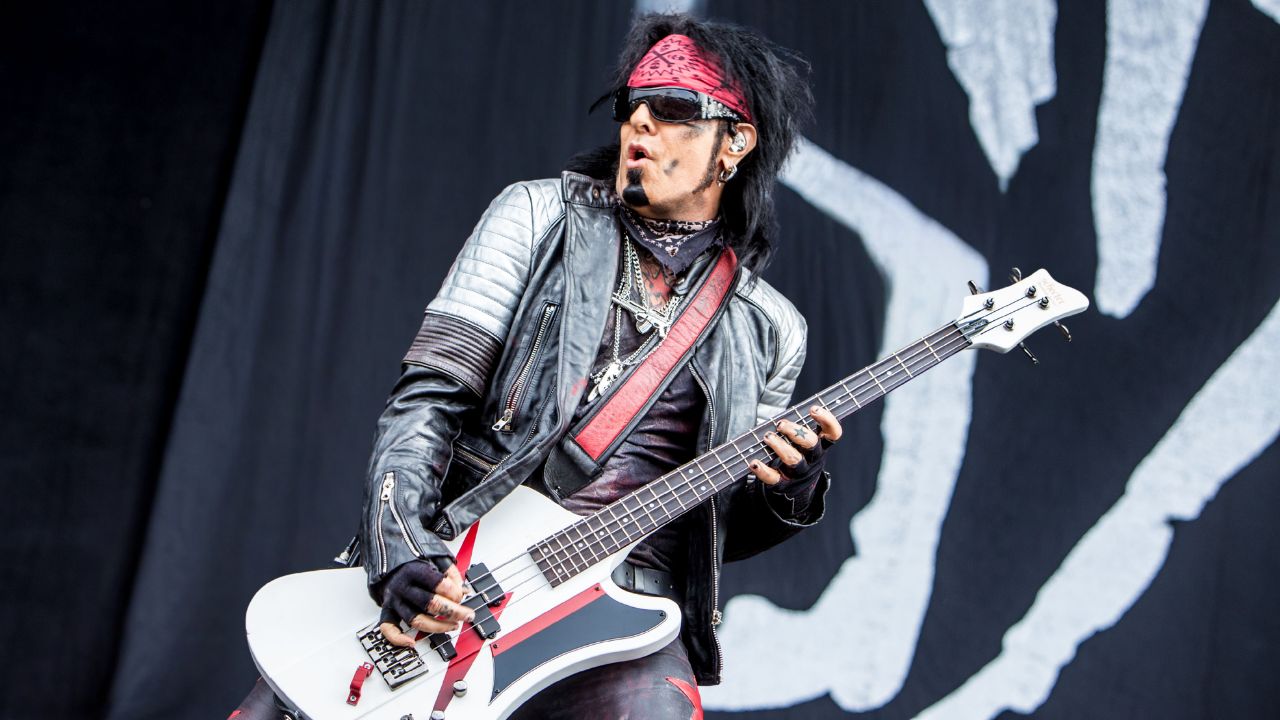Interview: Austin's Gary Clark Jr. Discusses Influences, Gear and His "Schizophrenic" Style
All the latest guitar news, interviews, lessons, reviews, deals and more, direct to your inbox!
You are now subscribed
Your newsletter sign-up was successful
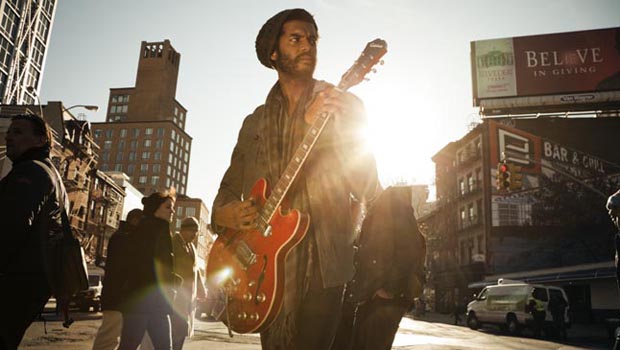
The blues tradition runs deep in Texas, which has produced a constant stream of innovative blues guitarists, including T-Bone Walker, Lightnin’ Hopkins, Freddie King, Clarence “Gatemouth” Brown, Albert Collins, Billy Gibbons and Jimmie and Stevie Ray Vaughan.
The latest addition to that illustrious list includes Gary Clark Jr., a guitarist from Austin who, like his forebears, is pushing the future of the blues forward with a fresh, bold sound that redefines the genre for a new generation.
Clark’s unique new voice originates from a combination of his diverse musical tastes and his Austin environment. “My dad had B.B. King and Johnny ‘Guitar’ Watson records,” Clark recalls.
“My mom still had her Jackson 5 records, and I loved Curtis Mayfield. When I got my first guitar I played along with everything I heard that had guitar in it, like the Ramones, Nirvana and Sublime, as well as whatever hip-hop and R&B stuff was on the radio. When I walked down the street in Austin I’d hear jazz, country, emo and hip-hop; it wasn’t just blues. I was into the grooves, but I was really into checking out what the guitar players were doing.”
Clark was only 12 years old when he got his first guitar—an Ibanez RX20—but his motivation was awakened a few months later when a friend gave him Stevie Ray Vaughan’s Texas Flood and the Jimi Hendrix compilation The Ultimate Experience. “That just set it off for me,” he explains. “Those records spoke to me in a way I can’t describe. When I heard ‘Purple Haze’ in my headphones, I knew that was my thing.
"Through Stevie Ray Vaughan I learned about Jimmie Vaughan and other Austin guitarists, like Denny Freeman and Derek O’Brien. When Clifford Antone brought Hubert Sumlin and Buddy Guy to his club [Austin’s famed nightclub, Antone’s], I’d go see them. I soaked it all up. That was my foundation.”
Antone recognized Clark’s talent early on and helped him get off to a strong start by booking Clark in his club. Clark quickly became a local sensation, exemplified by Austin mayor Kirk Watson declaring May 3, 2001, as “Gary Clark Jr. Day” when the guitarist was only 17. Clark recorded several independent albums on his own, won the Best Blues and Electric Guitarist category at the Austin Music Awards three times, and played a major starring role in John Sayles’ 2007 film Honeydripper. But it took an appearance at Eric Clapton’s 2010 Crossroads Festival for him to finally break through on a national level.
All the latest guitar news, interviews, lessons, reviews, deals and more, direct to your inbox!
In 2011, Warner Bros. released The Bright Lights EP, which featured new recordings of several tracks featured on Clark’s 2010 album, Gary Clark Jr. While the album showcased the gamut of Clark’s eclectic influences, including modern rock, contemporary R&B and classic soul, the EP focused on his distinctive blues, soul, and rock and roll sound.
“I’ve been called musically schizophrenic,” Clark says, “and some people think that’s a cool thing. I’d like to focus on the blues/soul/rock and roll thing for a while. My live shows have been going more in that direction. I’ll probably branch out into other things later on when there’s a time and place for them, but right now I want to stay focused.”
Even though The Bright Lights EP features only four songs, it provides a good representation of what Clark is all about. “Bright Lights” is an intense midtempo rock-and-soul tour de force, featuring Clark’s impassioned vocals and fiery, distorted solos over a tasteful bed of guitar textures provided by his rhythm guitarist, Zapata.
“Don’t Owe You a Thang” combines uptempo juke-joint blues with the gritty, lowdown raunch of the Black Keys and the Jon Spencer Blues Explosion. The other two tracks are live solo performances that showcase Clark’s singer/songwriter sensibilities, with “Things Are Changin’” evoking Curtis Mayfield at his most soulful and “When My Train Pulls In” channeling Hendrix at his most moody.
The rhythmic soloing on the latter is particularly impressive, with Clark weaving bass lines, melodies and chordal flourishes to produce the effect of two or three players. “I developed that approach by accident,” he says. “It came from being irresponsible as a bandleader, not hiring a band until the last minute and having guys not be available. I had to improvise and fill a lot of space when I was singing or playing a lead. It was an ‘oops’ that turned out to be okay.”
Because Clark transitions from burning electric to warm acoustic-like tones during his sets, he’s preferred hollowbody guitars from the beginning. His main guitar used to be a vintage Gibson ES-125, but when he discovered the Epiphone Casino he knew he found an instrument that could provide all the sounds he desired.
“I love everything about the Casino,” he says. “I love its P-90 pickups, its shape, how hollow and light it is, and even the way it sounds unplugged when I’m playing it around the house. I feel like it was made for me. I was into Otis Rush, Freddie King and B.B. King’s sound, with their big semihollow Gibson guitars, and I wanted one too, but when I saw and played the Casino I said this is what I need in my life. It’s a beautiful instrument.”
Clark plugs his Casino into a Fender Vibro-King that he bought from Zapata. “I was sitting in with this guitar player in Austin I knew—Alan Haynes—and he let me check out this Vibro-King he had just bought,” Clark says. “Before I got off the stage I knew I needed one. Zapata had one, and he really didn’t like it, so I snagged it up from him quick. I love how it breaks up. It’s really chunky and nasty, and it has very pretty-sounding reverb, too. The whole pedal world is kind of new to me because the traditional blues guys in Austin will raise their eyebrows if your pedal board looks too busy. I have a Cry Baby wah, Fulltone Octafuzz, Ibanez Tube Screamer, and Malekko and Analogman analog delays. I’m experimenting and enjoying it.”
Because Clark’s music is so eclectic, the “bluesman” tag doesn’t really do him justice. The appeal of his music is so unusually universal that it’s easy to picture him sharing the stage with artists ranging from the Roots to Robert Cray to Johnny Lang, all of whom he has appeared with. Like the blues icons that inspired him, Clark realizes that the blues is still a living genre with plenty of new avenues to explore.
“I love B.B. King, T-Bone Walker and Hendrix, but no one else can do it like them,” Clark admits. “I love to show my respect and tip my hat to those guys, but I was born in 1984.
I grew up with synthesizers and weird, spacey music—hip-hop, R&B, modern rock—that I heard on the radio. That’s influenced the way I play music. It’s natural for me to go with what I feel. If I didn’t let that other stuff out and stuck to a certain format, I would feel like I was missing out on something. I’m just enjoying my ride and being who I am.”
Photo: Travis Shinn
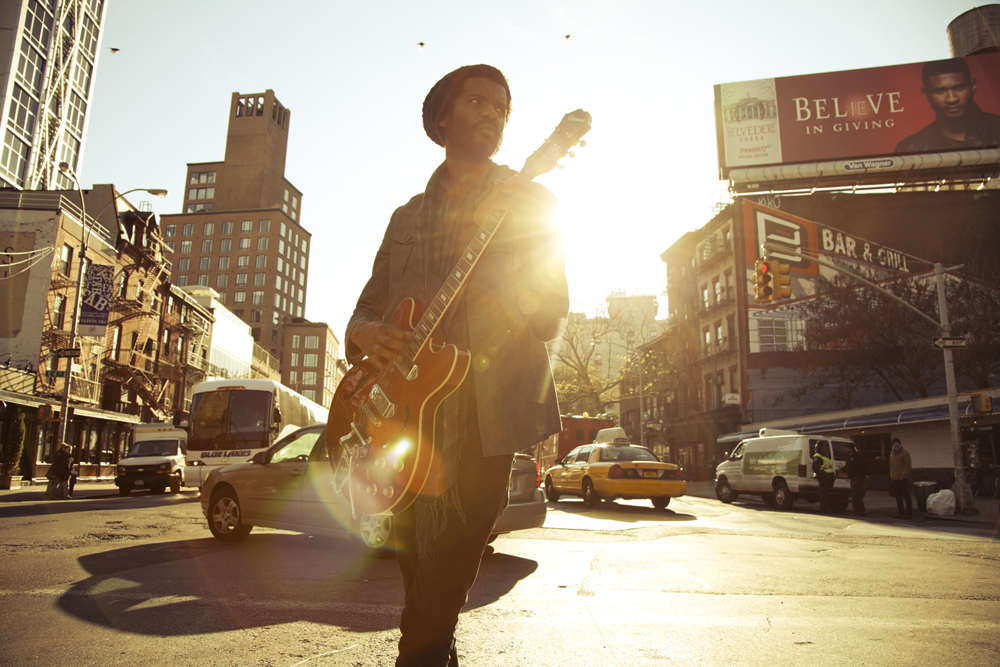
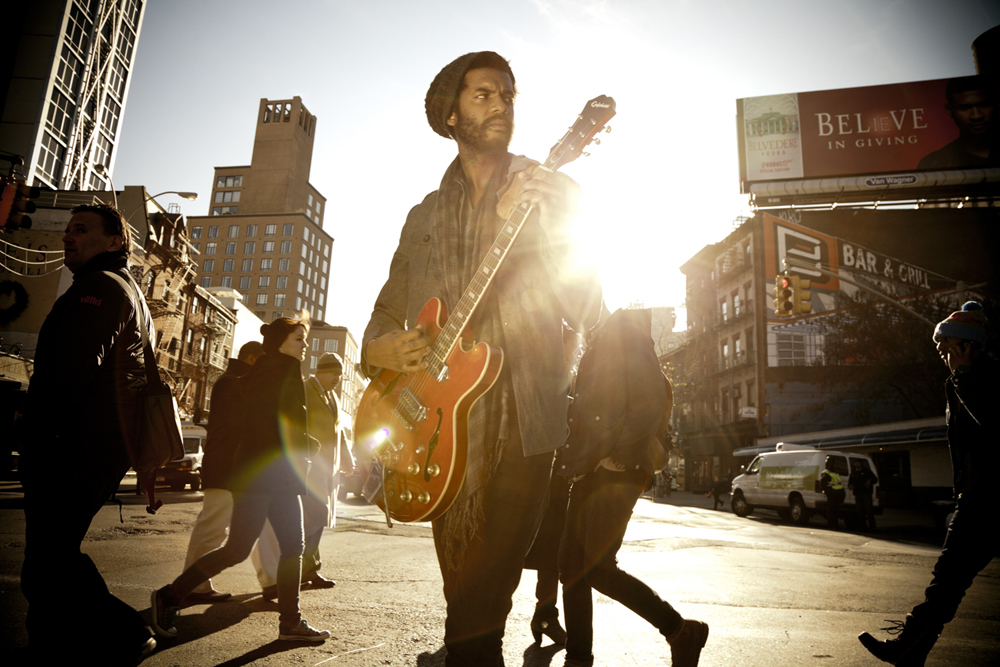
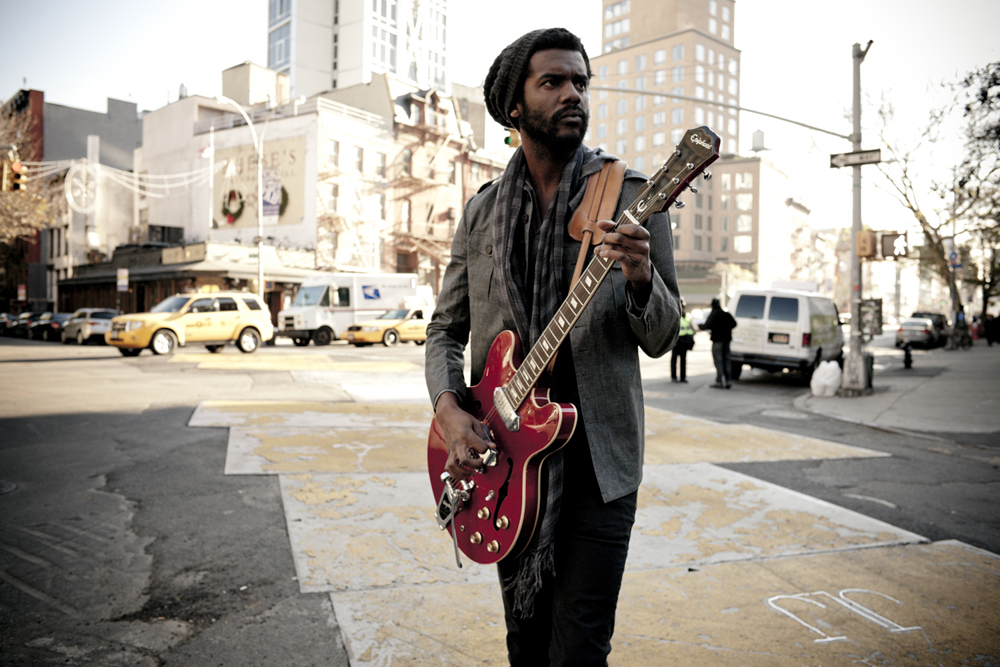
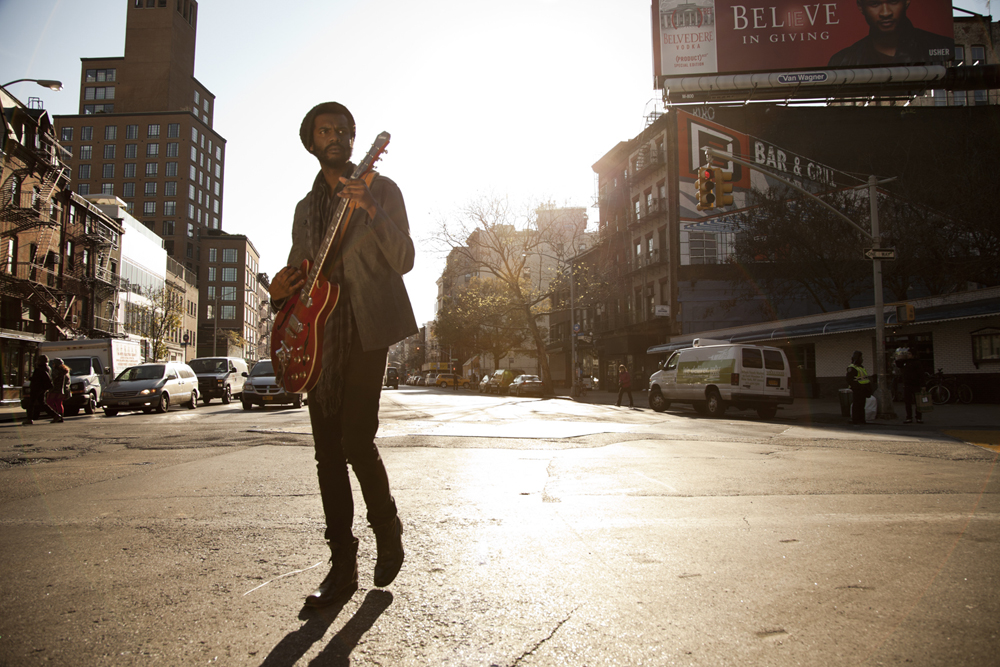
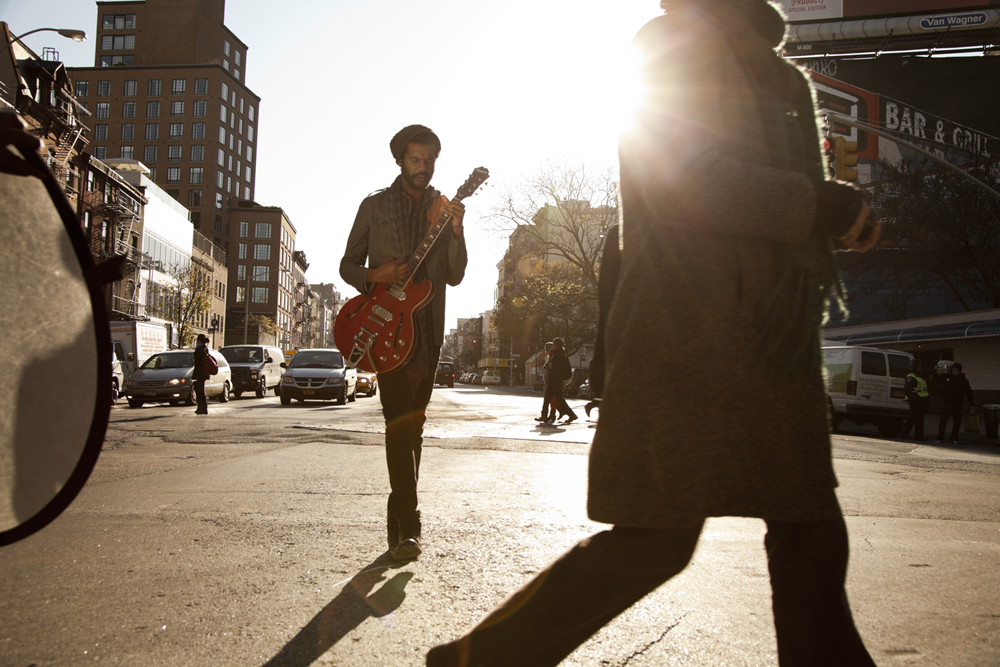

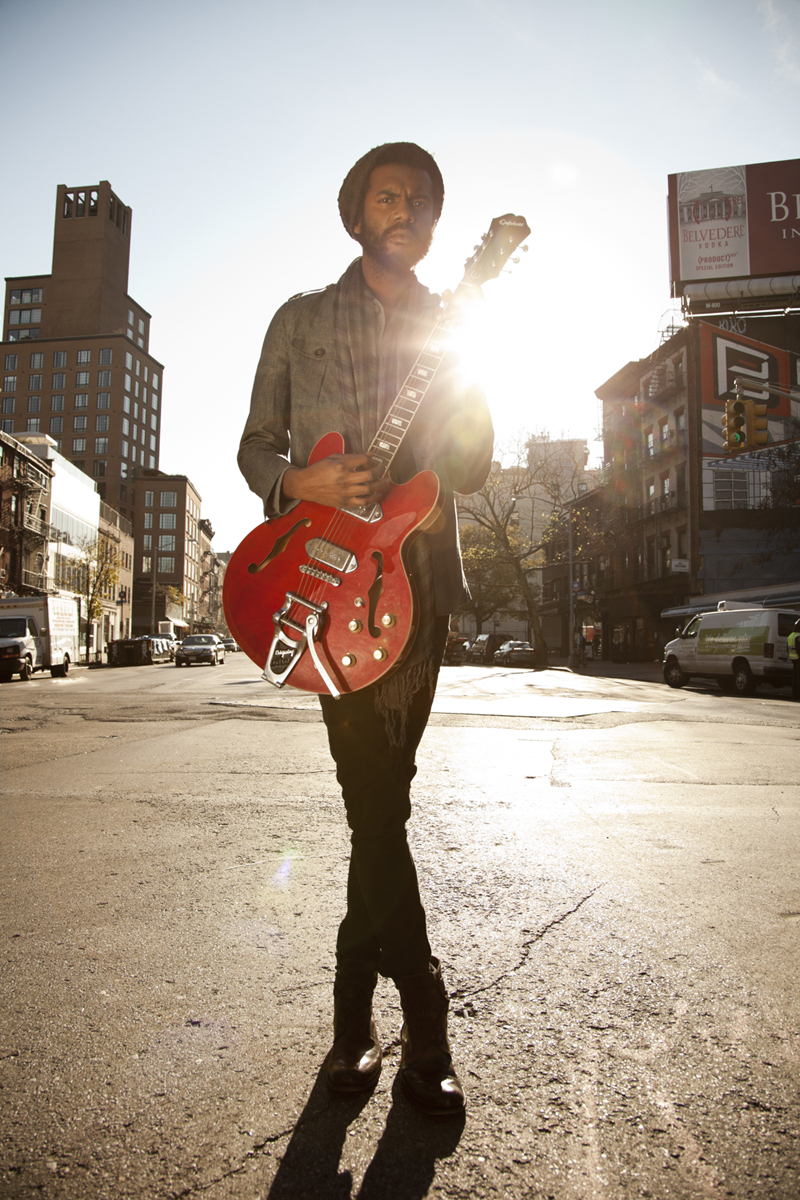
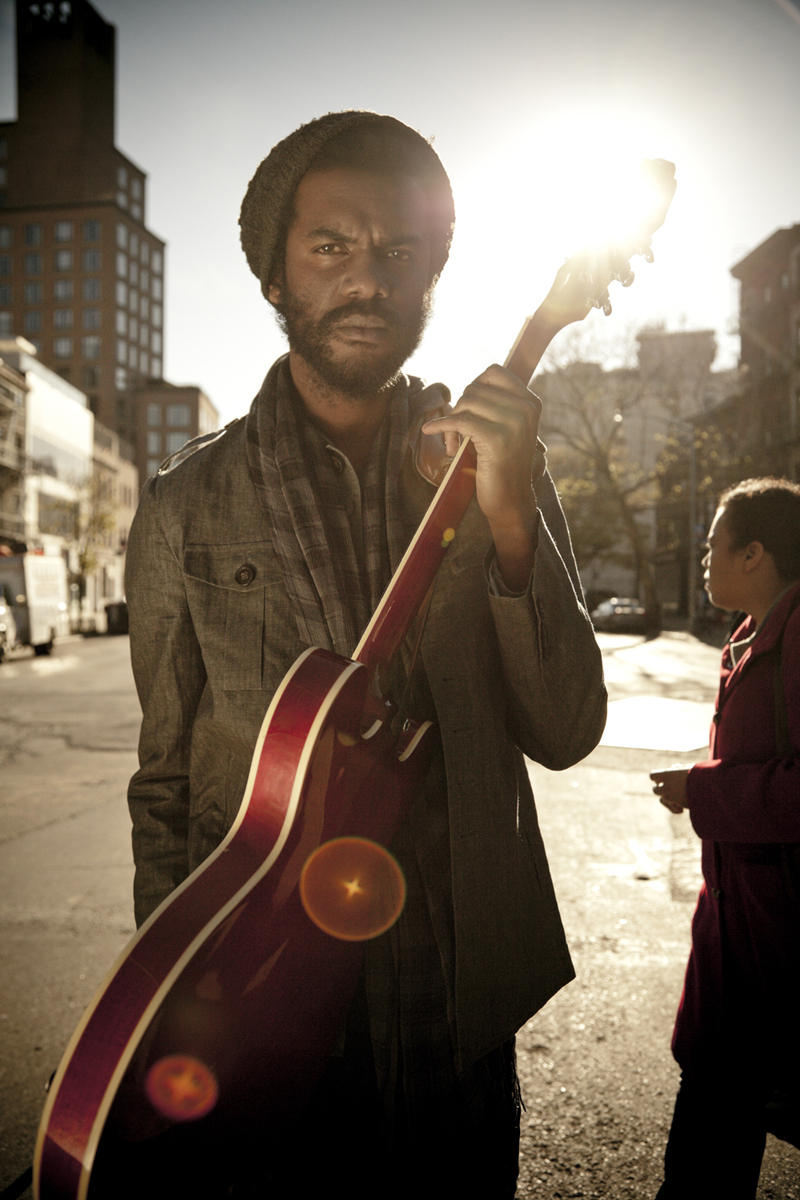
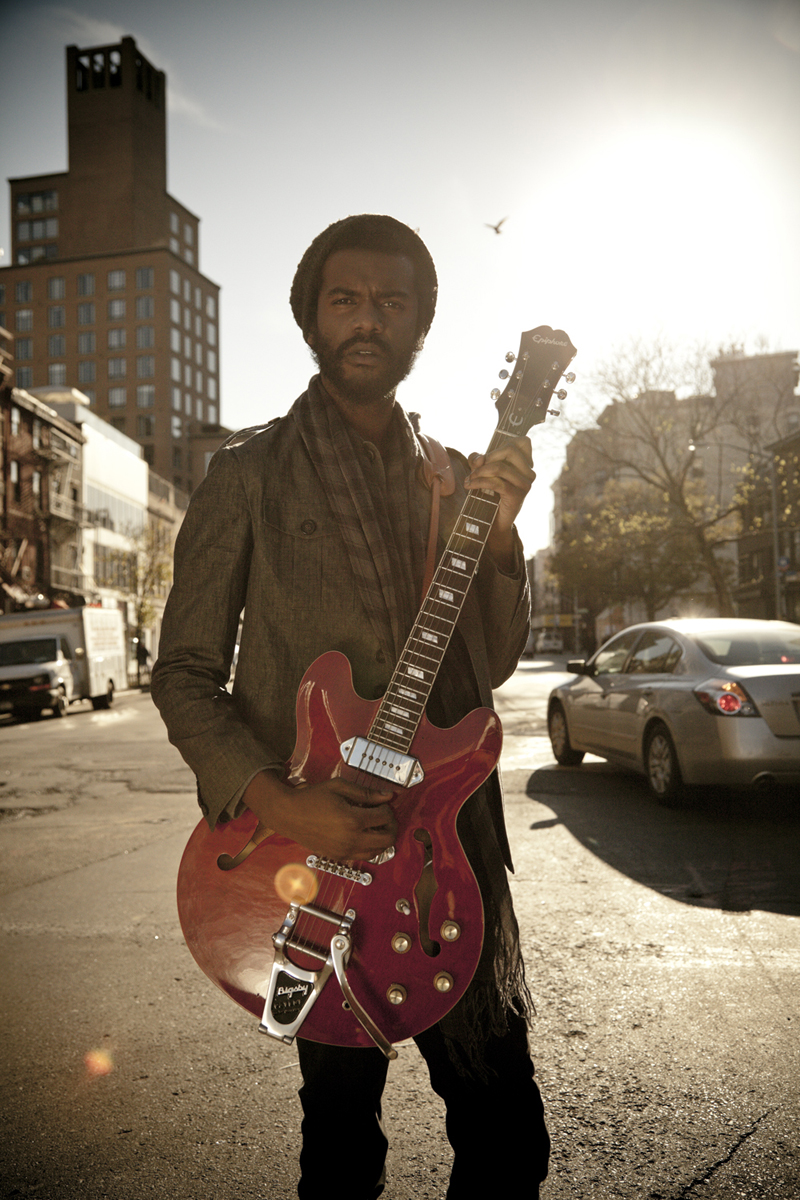
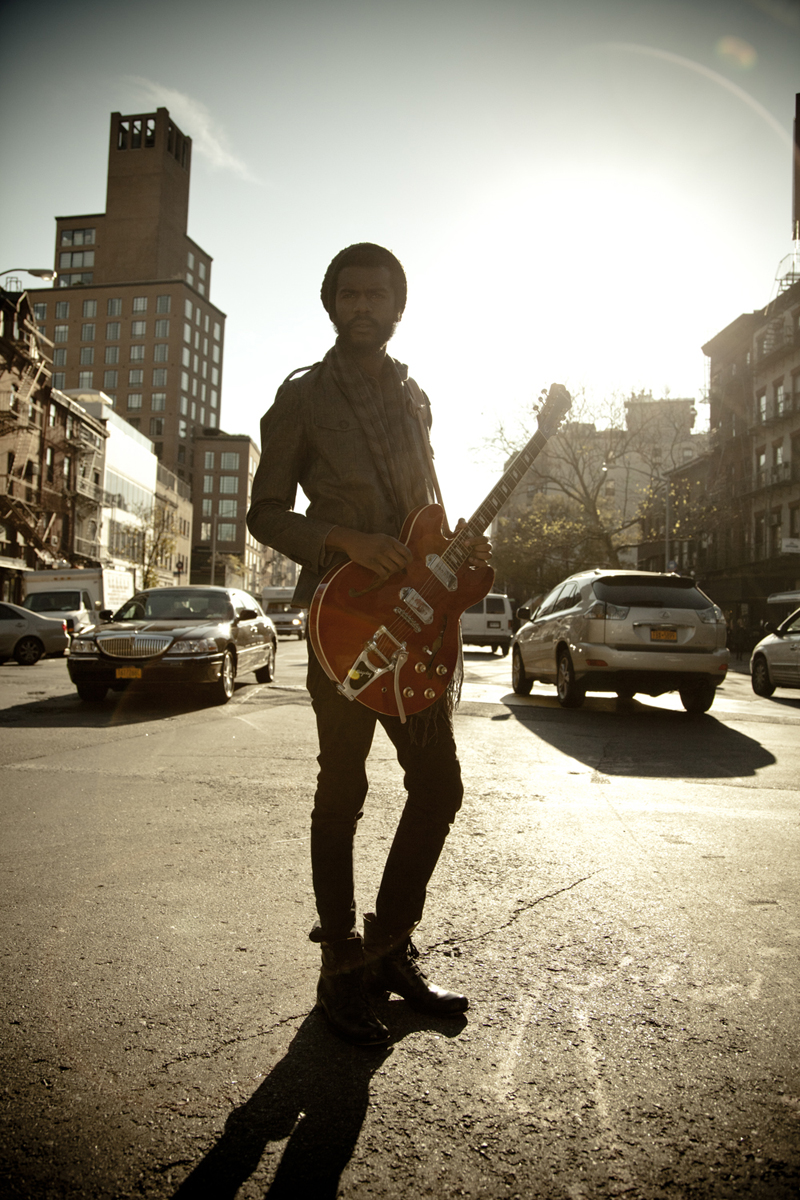
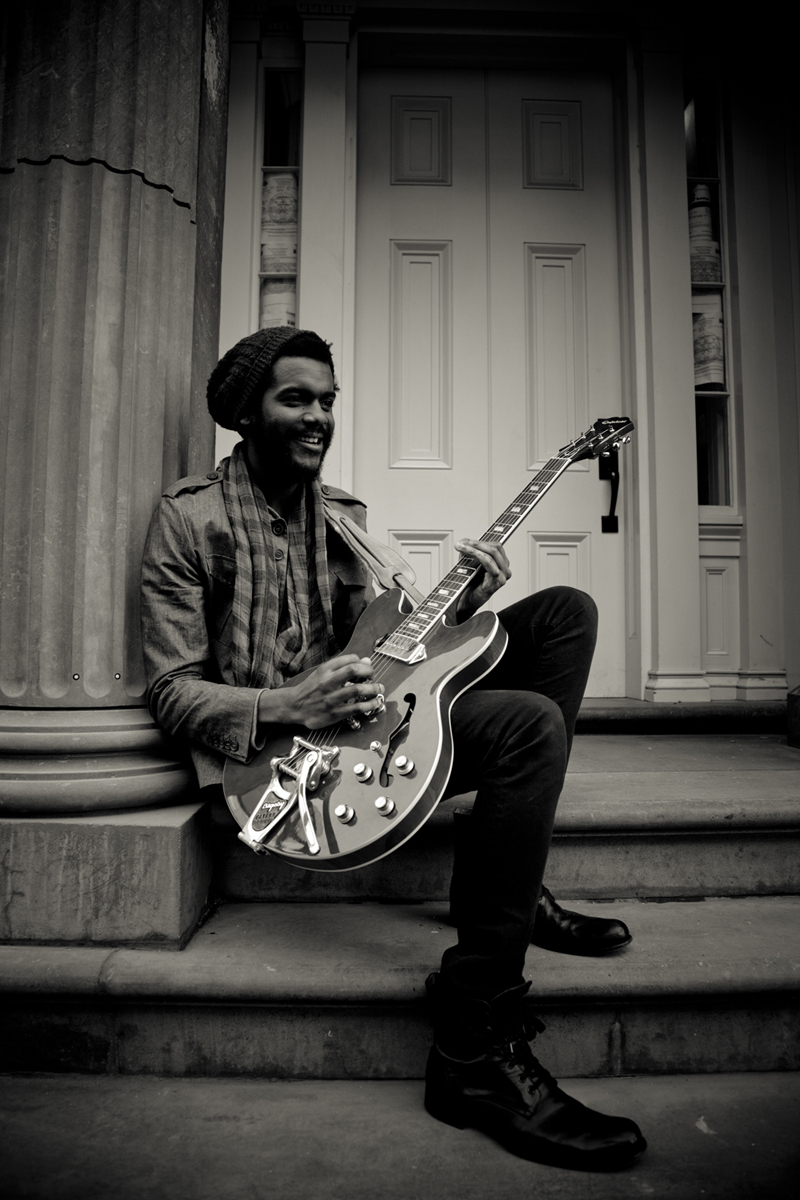
Chris is the co-author of Eruption - Conversations with Eddie Van Halen. He is a 40-year music industry veteran who started at Boardwalk Entertainment (Joan Jett, Night Ranger) and Roland US before becoming a guitar journalist in 1991. He has interviewed more than 600 artists, written more than 1,400 product reviews and contributed to Jeff Beck’s Beck 01: Hot Rods and Rock & Roll and Eric Clapton’s Six String Stories.

